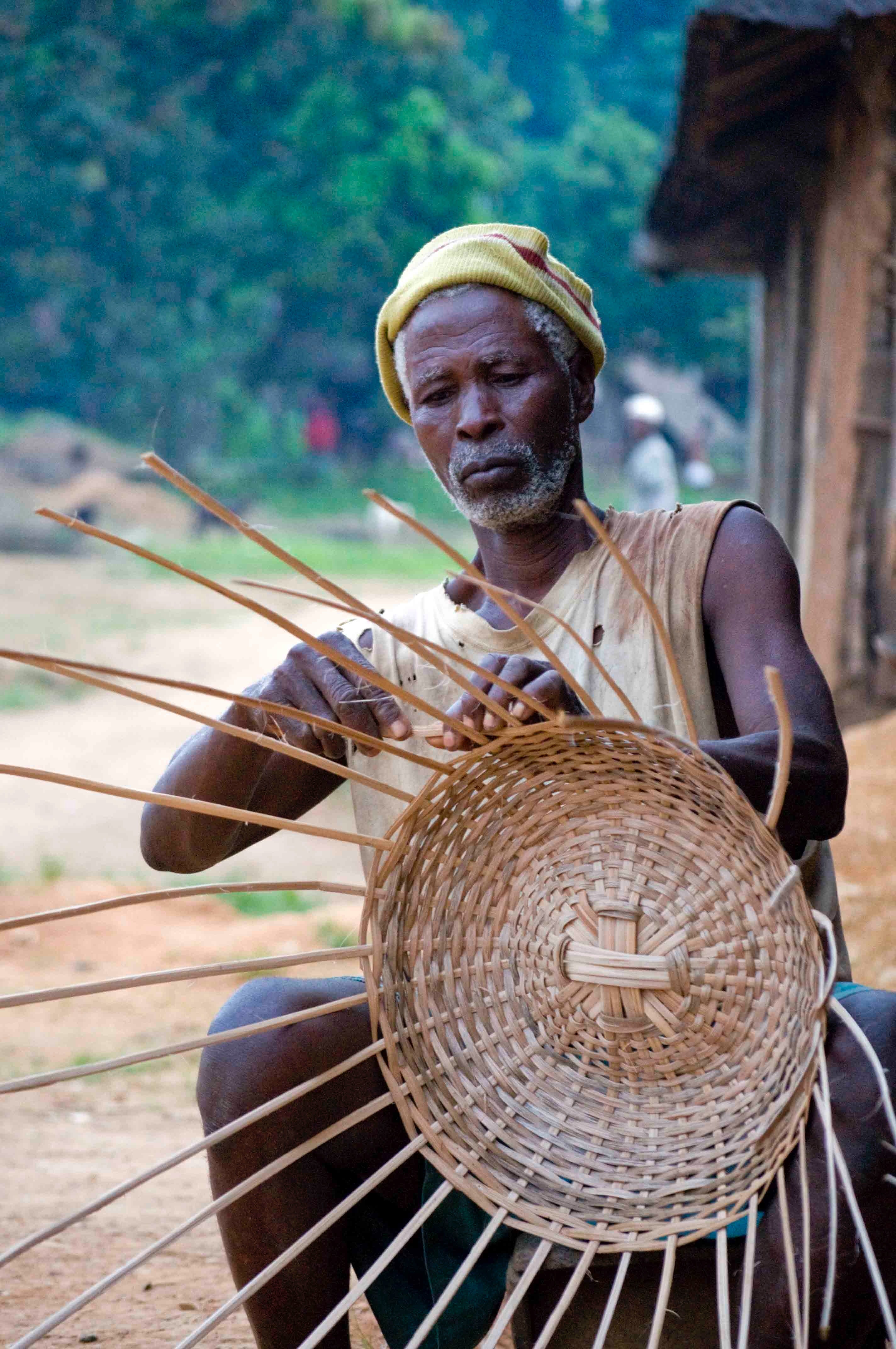Acacia wood is derived from trees and shrubs belonging to the genus Acacia, which is part of the larger family Fabaceae. Acacia trees are native to tropical and subtropical regions around the world, including Africa, Australia, and parts of Asia and the Americas.
Acacia wood is prized for its durability, strength, and attractive grain patterns. It is commonly used in furniture making, flooring, cabinetry, and decorative items. The wood's natural resistance to water and decay makes it suitable for both indoor and outdoor applications. Additionally, acacia wood is known for its warm, rich coloration, which can vary from light golden hues to deeper browns.
WHERE IS ACACIA WOOD GROWN?
Our acacia wood is sourced from the Philippines, the archipelagic area off Southeast Asia. It's fast-growing and able to thrive in nearly any type of soil. Acacia wood, when grown in the right conditions also does not require the use of pesticides or fertilizers to flourish.
The acacia products we sell are hand-crafted by our small team of third-generation woodworkers, who carry on a legacy that began in the 1970s. Our artisans still use traditional techniques to create exquisite, heirloom pieces for your home. Each piece is embedded with years of history and experience, and no two pieces are ever alike. It's the attention to detail and uniqueness that give our products authenticity.
Our Acacia Bowls, for example, are hand-carved works of art, as master craftsmen still use hand tools to turn and hollow the wood. These acacia bowls are more than just a piece of dishware; rather, they are a craft that carries a bit of history and culture. Each time you use our bowls, picture the artist's hands as he labored to create this original heirloom piece for you to cherish with every use.
CERTIFICATION
Because acacia trees grow unusually fast, acacia is a choice tree for commercial growers. Acacia wood that's been certified by the Forest Sustainability Council (FSC), has been ethically sourced and is environmentally friendly, which means protection for the natural habitat.
Acacia wood certified by FSC indicates that it comes from responsibly managed forests. Here's some information about it:
-
Sustainability: FSC-certified acacia wood ensures that it's sourced from forests that are managed in an environmentally appropriate, socially beneficial, and economically viable manner. This means that the harvesting of acacia trees doesn't lead to deforestation or harm to the ecosystem, and it supports the local communities and economies.
-
Traceability: FSC certification provides traceability throughout the supply chain, ensuring that the wood can be tracked from the forest to the end product. This transparency assures consumers that the wood they're purchasing comes from a sustainable and ethical source.
-
Standards: FSC sets rigorous standards for forest management, including criteria for protecting biodiversity, indigenous rights, workers' rights, and the rights of local communities. These standards are internationally recognized and are designed to promote responsible forestry practices worldwide.
-
Quality: Acacia wood is prized for its durability, strength, and attractive grain patterns, making it a popular choice for furniture, flooring, decking, and various other applications. FSC certification adds value to the wood by ensuring that it meets not only quality standards but also environmental and social responsibility criteria.
-
Consumer Confidence: For environmentally conscious consumers, choosing FSC-certified acacia wood provides peace of mind, knowing that their purchase supports sustainable forestry practices and contributes to the conservation of natural resources.
Overall, FSC certification for acacia wood signifies a commitment to sustainability, responsible forest management, and ethical business practices, benefiting both the environment and the communities dependent on forest resources.


